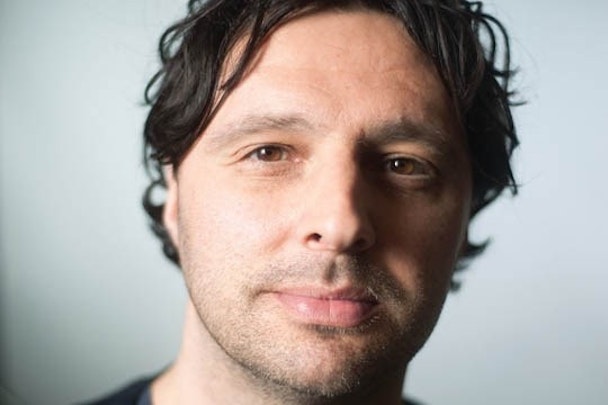Is the ad industry finally giving its planners the recognition they deserve?
On the whole, and with a couple of notable exceptions, the best agency planners don’t tend to be given the same rock star status that their creative or suit counterparts are. Broadly speaking, it’s possible that this is why they don’t tend to make good chief executives, as conventional wisdom dictates (but more on that later).

Rightly or wrongly, they don’t tend to shout about their intelligence or achievements and, other than a smattering of awards shows, such as the IPA Effectiveness Awards and the Effies, they don’t get anywhere near the recognition for their contribution to the industry that creatives do.
But with some recent high profile moves – including the departure of Dylan Williams from Publicis Worldwide as revealed by The Drum last week – the planning discipline is very much in the spotlight and hopefully getting the recognition that it deserves. All eyes will be on where Williams – one of the few planners to be afforded rock star status – ends up next.
Over at Ogilvy & Mather, Charlie Rudd has begun to make his presence felt. When he left Bartle Bogle Hegarty at the end of last year there were questions over how much control he’d actually have as London chief executive officer, given the power of the account barons that run its predominantly large global accounts.
Rudd’s decision to hire McGarrybowen’s capable Kevin Chesters as chief strategy officer, to replace Rebecca Moody who quietly slipped off to Mother, is a powerful statement of intent. Incidentally, with the mercurial chief creative officer Gerry Human being given a global role, there’s clear evidence that Rudd is beginning to unpick the problems that some say were holding it back and bring in a team of his own making. If Rudd opts for a London executive creative director that reports to him and him alone then he’s well on the way to fulfilling his promise of making the agency fill its potential.
Leo Burnett has also just seen the departure of its chief strategy officer Giles Hedger who, insiders say, refused to tell his colleagues where he was off to when he handed in his notice. While his tease prompted some interesting industry speculation (such as that he might be joining a tech company or a startup) when it emerged that he was joining FCB Inferno it inevitably seemed like a bit of a damp squib.
Nonetheless he’s a good hire for the agency and one of a flurry of departures at Burnett, including its executive creative director Justin Tindall and head of mobile and social James Kirkham (who has gone to an interesting startup), as it undergoes a transition of its own.
As to the conventional wisdom that planners don’t tend to make good chief executives, Rainey Kelly Campbell Roalfe/Y&R’s decision to replace Ben Kay (a former planner) as chief executive with its chief innovation officer Jon Sharpe is an interesting one. While not strictly speaking a planner, the obvious choice would have been to draft in a great suit – a rock star – to steady a ship that has been battered by too many account losses and must be suffering some internal soul-searching of its own.
Whether Sharpe’s appointment is inspired – or just more of the same – we’re still waiting to see.
Follow Jeremy Lee on Twitter @jezzalee
